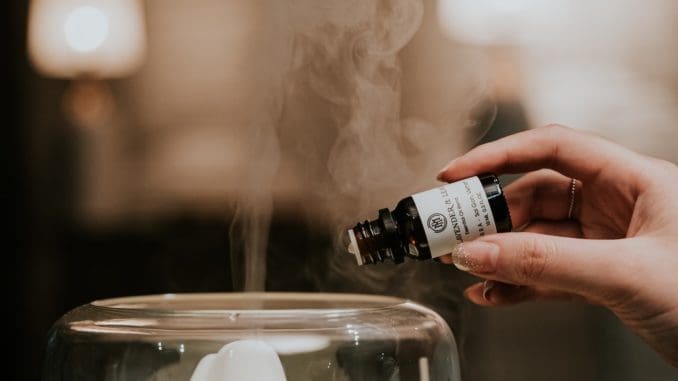
Did you ever realize that the absolutely clean home that you may have can have chances of being susceptible to pollution? Most of us pick up products off the shelves because the advertisement claims about the beautiful things that it does for our home. We do not realize that we also risk letting our family into the pollution and chemical zone.
The truth is that all those chemicals are doing more harm than good. Here is a list of 5 products you must immediately bin from your home.
Mothballs
We’ve all used this at one point in time when we were stashing the winter clothes away for a year or ensuring the clothes packed in the suitcases stayed safe. Mothballs contain mainly either naphthalene or paradichlorobenzene, both of which are toxic. The problem is that for mothballs to be effective, these chemicals must be present in high concentrations, translating into polluted indoor air.
When exposed to mothballs, it can cause nausea and headaches. Exposure to the smell of a mothball for a longer time can cause more severe problems like kidney or liver damage in infants and pets. Some studies also indicate that naphthalene is also quite possibly a human carcinogen.
Safer alternative – You can make your own insect and moth-repellant sachets. Mix equal amounts of rosemary, thyme, ginseng, cloves, and mint, put them in small cloth sachets, and crush slightly to release the aroma of the herbs. Place in your garment drawers or wardrobes.
Air Fresheners
Air fresheners are becoming increasingly popular in our homes, promising to overcome any stench and spread a lovely fragrance throughout the house. Many of them contain phthalates, which could cause hormonal disruptions. The chemicals in air fresheners have been found to affect people in general, particularly infants and those prone to allergies.
Safer alternative – You can choose to opt for diffusers that can be used with water and pure essential oils. Ensure that your home has proper ventilation, and take out the trash regularly. You can also choose to fill a small spray bottle with a few drops of your favorite essential oil mixed with water and spray it around the house.
BPA Bottles
BPA or Bisphenol A is a chemical that is used to harden plastics. It is commonly found in medical devices, CDs, etc. It can prove to be hazardous when used in food containers and water bottles. Low exposure to BPA isn’t much of a problem, but when we continuously consume food and water stored in BPA containers, the level of BPA in our bodies can disrupt our hormonal levels or cause heart problems. The effects on babies and young children are more dangerous, so widespread demand is to ban BPA in baby bottles.
Safer alternative – The alternative is easy – go for BPA-free bottles. Several companies have started manufacturing bottles without BPA; just be sure to check if the packaging says ‘BPA Free.’
Mercury Thermometers
Mercury thermometers are extremely dangerous, yet some people still use them at homes and clinics. Each thermometer contains 0.5 to 1.5 grams of mercury. Did you know that just one gram of mercury can contaminate a 20-acre lake? So, you can fathom how very toxic this element is. They are especially dangerous for pregnant women, seniors, and young children.
Safer alternative – You can opt for a digital thermometer instead. These are a better alternative to a conventional thermometer. They are readily available, accurate, and easy to use. Most importantly, they don’t contain toxic chemicals and are safe to use, even on newborn babies.
Chlorine Bleach
We used this one too! We’ve been using bleach to make the stained clothes whiter and to keep the whiteness intact. We’ve probably even used it to clean the stained tiles in the bathrooms and kitchens. Bleach is a standard household product that is immensely popular. However, not many people realize that the very product they use to clean their homes of germs might cause various illnesses. Bleach is highly corrosive, irritating the eyes and skin, and inhaling its vapors can cause headaches, dizziness, and shortness of breath.
Safer alternative –For clothes, use distilled vinegar or an oxygen-based bleach for gentler treatment than chlorine bleach. Make your own cleaning solutions at home. Lemons are known to clean exceptionally well. Vinegar is a safe, cost-effective, and natural option for household cleaning.
It can come as a shock that the products we’ve been using for years are actually quite dangerous. Also, be aware of product recalls; sometimes, manufacturers realize that a product is harmful only after they’ve released it into the market. Whenever you set out to buy a new product for your home, try to see if a natural alternative is available; it’ll be better for your health and pocket! And yes, you will also have a cleaner home.




Be the first to comment